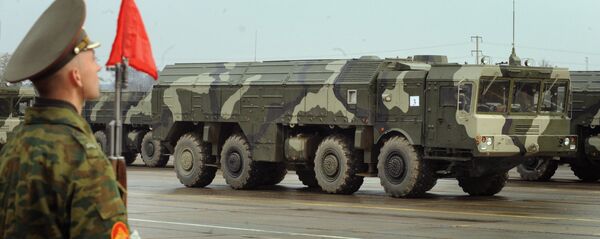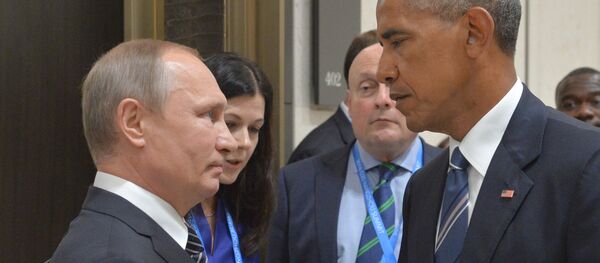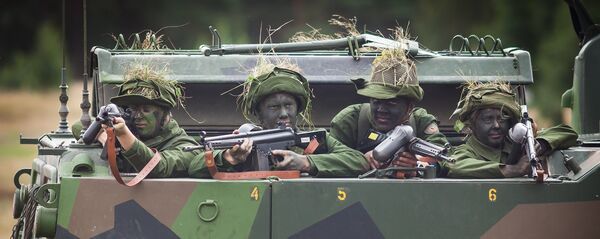Moscow was quick to respond that it made no secret of sending Iskander missile systems to Russia's Kaliningrad region, and it is no secret that it is standard practice to rotate them around the country.
"First of all, the people behind this hype need to know that the Iskander ballistic missile system is mobile. As part of the plan of combat training, missile troops units train on a year-round basis, covering great distances around the territory of Russia by air, sea, and under their own power," Russian Defense Ministry spokesman, Major General Igor Konashenkov said.
According to the Major General, one of the Iskander systems was intentionally exposed to the US reconnaissance satellite flying over in order to clarify the parameters of the spacecraft's operations.
Some media outlets, however, suggest that the classic espionage and intelligence warfare between the major powers is witnessing a revival.
"Amid growing global uncertainties the classic espionage directed against other countries in terms of both clandestine and electronic intelligence is gaining strength," suggested Polish Defence24 website.
"As shown by numerous publicized recent events, classic espionage between countries is officially returning to favor. You can certainly argue if it ever stopped being attractive enough to talk about its weakness, however there are already noticeable changes even in the public narrative," the website says.
The outlet further explained that the wider threat of international terrorism has, to a large extent, noticeably weakened the so-called "classic interests" of major powers and, first of all, their financing.
The Washington Post, in turn, recently reported that the "US intelligence agencies focus anew on the Kremlin."
"US intelligence agencies are expanding spying operations against Russia on a greater scale than at any time since the end of the Cold War," it quoted unnamed US officials as saying back in September.
"The mobilization involves clandestine CIA operatives, National Security Agency cyberespionage capabilities, satellite systems and other intelligence assets, officials said, describing a shift in resources across spy services that had previously diverted attention from Russia to focus on terrorist threats and US war zones," it said.
The newspaper said the moves are "part of an effort to rebuild US intelligence capabilities that had continued to atrophy even as Russia sought to reassert itself as a global power."
While now devote at most 10 percent of their budgets to Russia-related espionage, a percentage which has risen over the past two years even though such agencies are globally cutting their budgets.
"It is clear that the war is flaring up," Konovalov, who is the Director of the Center for Strategic Trend Studies, told Russia's Radio Vesti FM.
Nevertheless, the political analyst said, the intelligence warfare is flaring up, and it is becoming quite serious.
It will certainly have an impact on Russia-US and Russia-NATO relationships. Even though there is serious confrontation on a number of issues, the expert however suggested that nobody will be seeking an open confrontation but will prefer to act indirectly, through their intelligence or allies and the level of confrontation will certainly increase.
The expert suggested that the surveillance and confrontations will not reach the levels seen during the Cold War.





